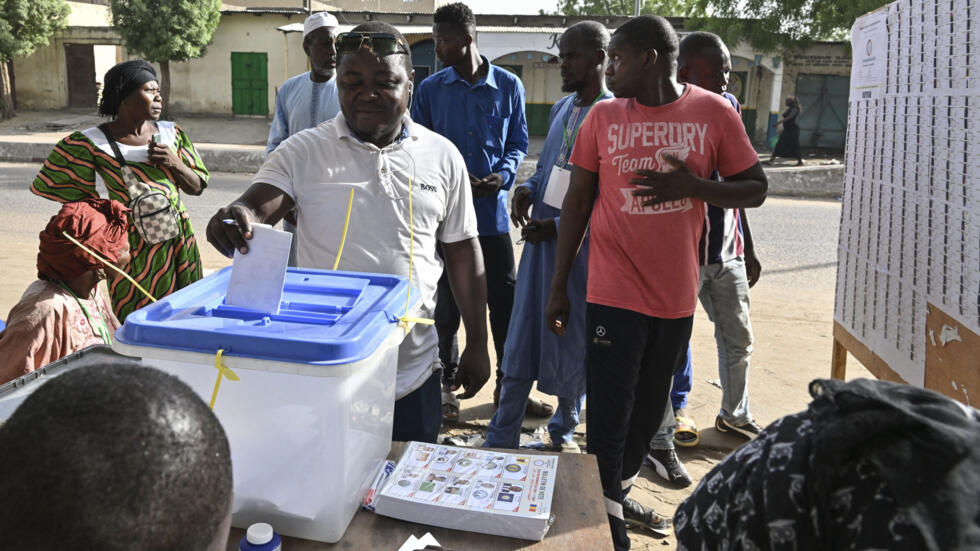Nigeria Introduces New Curriculum to Enhance Practical Skills
The Nigerian government has unveiled a new curriculum for schools, aiming to equip students with practical skills and prepare them for the 21st century. According to the Minister of Education, Tunji Alausa, the new curriculum is “future-ready” and designed to meet the skills demand of the modern era.
The revised curriculum, developed by the Nigerian Education Research and Development Council (NERDC), mandates Junior Secondary School students to choose at least one trade subject. The six available trade subjects include Solar Photovoltaic installation and maintenance, Fashion design and garment making, Livestock farming, Beauty and cosmetology, Computer hardware and GSM repairs, and Horticulture and crop production.
At the primary level, pupils will offer a range of subjects, including English Studies, Mathematics, and Basic Science, with a focus on digital literacy and practical skills. Junior Secondary School students will take a combination of core subjects, including English Studies, Mathematics, and Intermediate Science, as well as one trade subject. Senior Secondary School students will be required to take five compulsory subjects, including one trade subject, and choose from a range of specialized subjects in sciences, humanities, or business.
The new curriculum is designed to be learner-centered, focusing on 21st-century skills that are transferable and relevant to the modern workforce. The Minister of Education emphasized that the review of the curriculum was based on best practices and involved a broad range of stakeholders. The new framework is expected to kick off soon, with the aim of improving learning outcomes and equipping students with the skills needed to succeed in an increasingly complex and technological world.
The introduction of the new curriculum is a significant step towards enhancing the quality of education in Nigeria and preparing students for the challenges of the 21st century. With its focus on practical skills, digital literacy, and specialized subjects, the new curriculum has the potential to make a positive impact on the country’s education system and economy.



